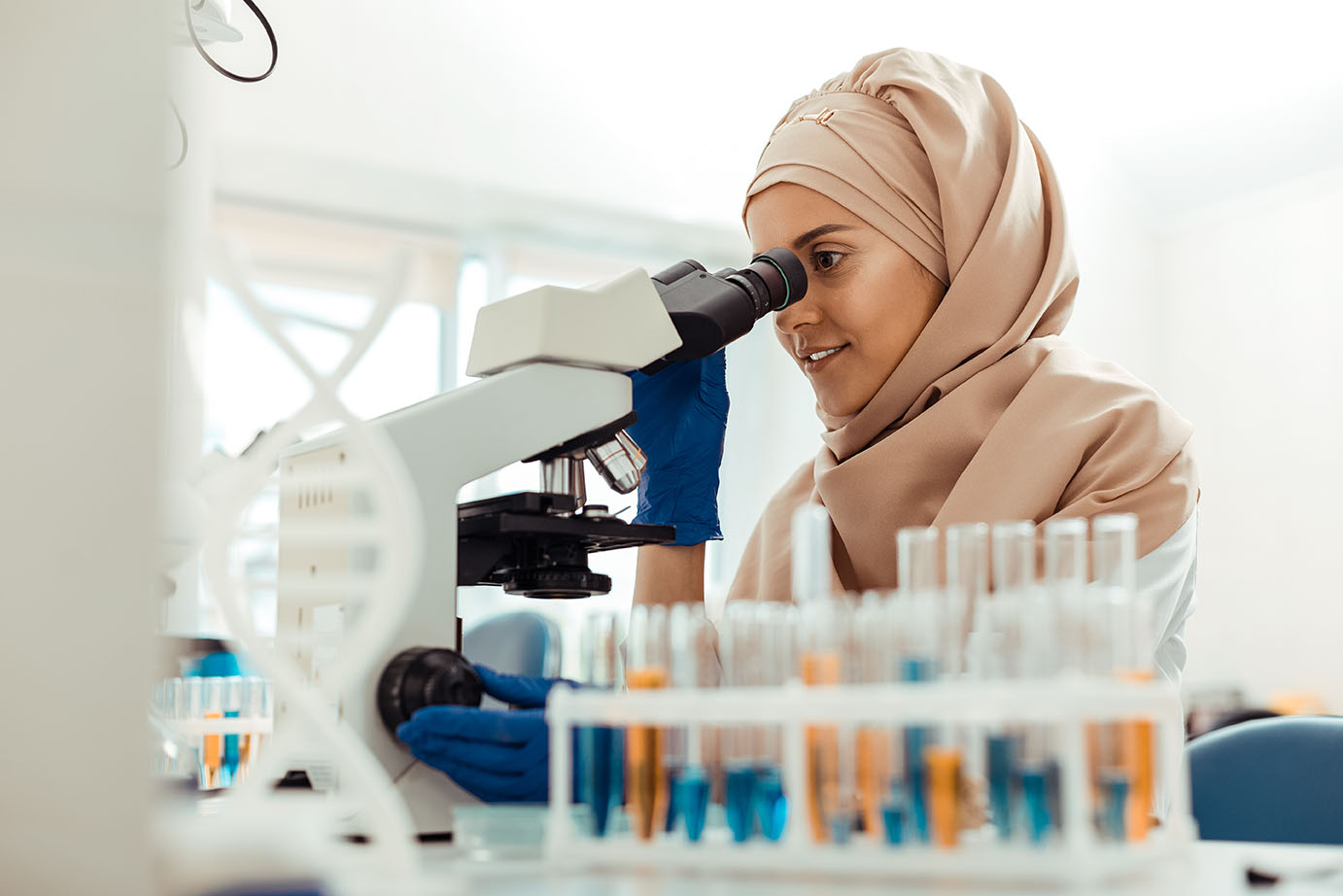
microbiologist
Definition
A microbiologist is a scientist who studies microbes. Microbes are microscopic organisms that can be found in all parts of the environment. Microbes include bacteria, archaea, fungi, protozoa, and viruses.
Microbiologists use a variety of methods to study microbes, including microscopy, molecular biology, and biochemistry. They also use computer models to simulate the behaviour of microbes.
Microbiologists work in a variety of settings, including universities, hospitals, research labs, and government agencies. They may also work in the food industry, the pharmaceutical industry, or the environmental sector.
Microbiologists play an important role in our understanding of the world around us. They help us to develop new medicines and vaccines, and they also help us to clean up pollution and protect our environment.
Here are some specific examples of what microbiologists do:
- Study the different types of microbes and how they live
- Investigate how microbes cause disease and how to prevent it
- Develop new medicines and vaccines
- Clean up pollution and protect the environment
- Work in food safety and quality control
- Develop new biofuels and bioproducts
- Study the role of microbes in climate change
Microbiologists are essential to our understanding of the world around us and to the development of new technologies and treatments. They play a vital role in keeping us healthy and safe, and they are helping to make the world a better place.
How can the word be used?
The microbiologist developed a new treatment for a bacterial infection.

Different forms of the word
Noun: A scientist who studies microbes.
Adjective: Relating to microbiology.
Verb: To study microbiology.
Etymology
The word "microbiologist" comes from the Greek words "mikros" (small) and "bios" (life) and the suffix "-logist" (one who studies). The word "microbiologist" was first used in English in the 19th century.
The literal meaning of the word "microbiologist" is "one who studies small life". This is because microbiologists are scientists who study microbes, which are very small organisms that can only be seen with a microscope.
Question
What do you study as a microbiologist?
AQA Science Exam Question and Answer
Question:
Describe the role of a microbiologist and how their work contributes to our understanding of microorganisms and their impact on various fields.
Answer:
A microbiologist is a scientist who studies microorganisms, including bacteria, viruses, fungi, and protists. Their work is essential for unravelling the mysteries of these tiny organisms and understanding their significance across different domains.
Microbiologists investigate the structure, function, and behaviour of microorganisms. They play a pivotal role in fields such as medicine, agriculture, environmental science, and biotechnology. In medicine, microbiologists help identify and characterise pathogens responsible for infectious diseases, enabling the development of diagnostics and treatments. They also study antibiotic resistance and contribute to the design of effective drugs.
In agriculture, microbiologists study the role of microorganisms in soil health, plant growth, and disease prevention. They develop strategies to improve crop yields and reduce the need for chemical pesticides.
Environmental microbiologists study the impact of microorganisms on ecosystems, such as their role in nutrient cycling, bioremediation of polluted environments, and their interactions with other organisms.
Microbiologists are also at the forefront of biotechnology, using microorganisms to produce valuable products like antibiotics, enzymes, and biofuels. Genetic engineering techniques enable the modification of microorganisms for various applications.